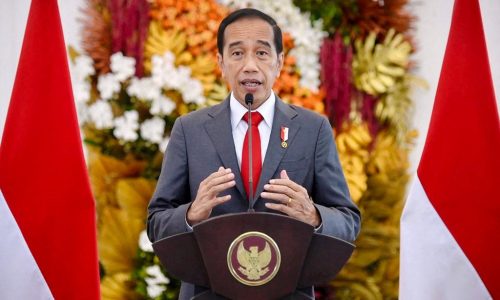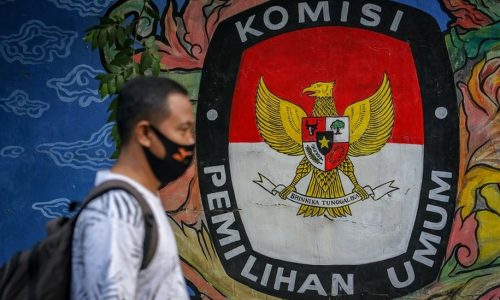The government is preparing several implementing regulation for Government Regulation No. 36 of 2023 concerning Foreign Exchange from Natural Resources Exports (DHE) (PP 36/2023), which replaces Government Regulation No. 1 of 2019.
Under PP 36/2023, exporters from the mining, plantation, forestry, and fisheries sectors are required to place a minimum of 30 percent of their foreign exchange earnings into a special domestic account for a period of 3 months.
Susiwijono Moegiarso, the Secretary of the Coordinating Ministry for Economic Affairs, revealed that this new regulation will come into effect on August 1, 2023.
Preparing implementing regulations
Currently, the government is preparing the implementing regulations that will govern sanctions, types of commodities, and incentives in relation to the foreign exchange.
Susi further explained that a Minister of Finance’s Decree (KMK) will determine which commodities will have their DHE retained domestically, while a Minister of Finance Regulation (PMK) will set the rules for sanctions.
In addition, Bank Indonesia (BI) will issue four types of regulations, and the Financial Services Authority (OJK) will issue Circular Letters for the banking sector in relation to the foreign exchange deposit obligation.
“Everything will be complete. We will hold a press conference later this week,” she added.
Administrative sanctions for non-compliant exporters
In the future, exporters who fail to deposit their foreign exchange earnings from natural resources into domestic banks will be subjected to administrative sanctions.
These administrative sanctions will include suspension of export services, as stipulated in PP 36/2023.
On the other hand, exporters who have deposited their foreign exchange earnings domestically will be rewarded with tax incentives on their income from such placements, including being recognized as reputable exporters for those who place their DHE from natural resources into a Special Domestic Account for DHE.










